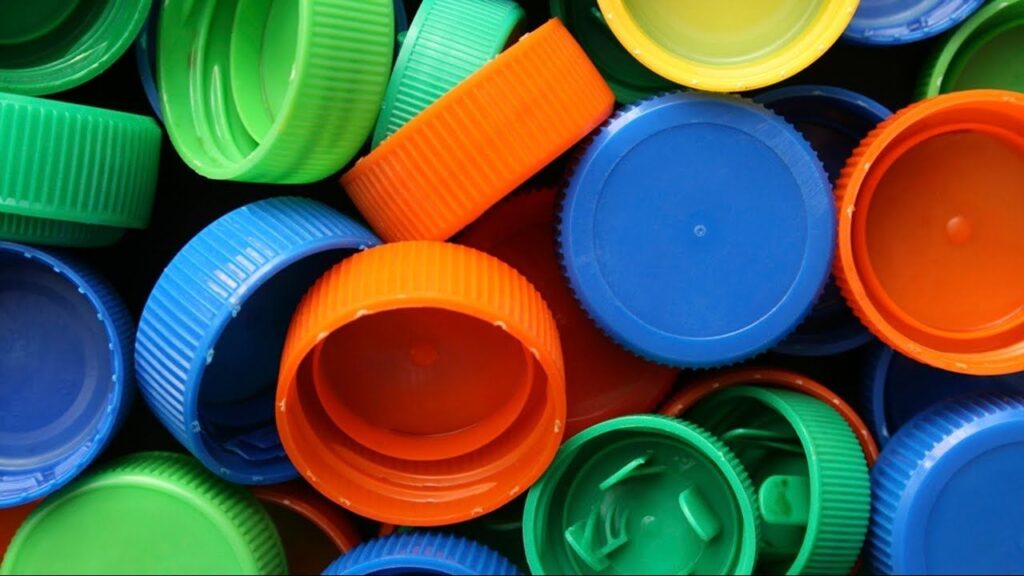
The plastic-rubber composites market size is anticipated to be worth US$ 2,170.9 million in 2023. By 2033, the market is anticipated to reach US$ 3,638.5 million, growing at a 5.3% CAGR over that time. These composites offer greater performance qualities when compared to single materials. These composites combine the benefits of both plastic and rubber, such as impact resistance, durability, noise reduction, and vibration dampening, to enhance the overall performance, safety, and comfort of automobiles.
The Organization for Economic Co-operation and Development (OECD) estimates that in 2022, passenger automobile sales in the UK will rise by 13.9%. In order to meet the rising demand, manufacturers are increasing their manufacturing capabilities by doubling and adding lightweight technology.
Compared to conventional materials, plastic-rubber composites offer more design and flexibility. Manufacturers focus on creating unique and aerodynamic designs which can be molded into intricate shapes and integrated with other parts. This adaptability makes it possible to create vehicles with interiors and exteriors that are both sleek and aesthetically pleasing.
Stay Ahead of the Curve – Request an Industry Overview Sample and Seize Growth Opportunities! https://www.futuremarketinsights.com/reports/sample/rep-gb-17742
In order to increase fuel efficiency and meet strict emission requirements, manufacturers are putting more and more effort into making their vehicles lighter. These composite blends provide a lightweight substitute for conventional materials like metal, assisting in total vehicle weight reduction and fuel efficiency improvement and offering cost advantages over traditional materials. They often require less energy and lower production costs during manufacturing processes like injection molding. The ability to produce complex shapes in a single operation reduces assembly costs, making plastic rubber composites an economically viable option for automobile manufacturers.
Key Takeaways from the Plastic-Rubber Composite Market:
- The Plastic-Rubber Composite industry in the United States is predicted to reach US$ 531.9 million by 2033, increasing at a 4.7 % CAGR.
- The Plastic-Rubber Composite industry in India is estimated to reach a market share of US$ 163.0 million, expanding at a CAGR of 5.2% by 2033.
- During the forecast period, the Plastic-Rubber Composite industry in China is expected to reach a market share of US$ 995.5 million, securing a 5.5 % CAGR.
- The Plastic-Rubber Composite industry in Japan is predicted to reach US$ 193.6 million by 2033, increasing at a 5.2 % CAGR.
- With a CAGR of 5.1% from 2022 to 2033, the Automotive industry is expected to dominate the Plastic-Rubber Composite industry.
- With a CAGR of 4.3% from 2022 to 2033, the Industrial Equipment industry is expected to dominate the Plastic-Rubber Composite industry.
How Does the Competition Look in the Plastic-Rubber Composite Market?
The market is Consolidated, with key players vying for market share. Key players in the industry are focusing on innovative applications, such as aerospace. They are also expanding their product portfolio to include new and emerging applications, such as sealing, resistance to UV radiation, and long-term durability. This helps them to reach a wider range of customers and grow their business. Several significant participants in this industry comprise BASF SE, Dow Inc., DuPont de, Nemours, Inc, Solvay S.A., Arkema S.A., Covestro AG, Mitsui Chemicals, Inc., LG Chem Ltd., SABIC, Sumitomo Chemical Co., Ltd., LANXESS AG, Evonik Industries AG, Celanese Corporation, Toray Industries, Inc., Teijin Limited, PolyOne Corporation, LyondellBasell Industries N.V., Kraton Corporation, Trinseo S.A., Mitsubishi Chemical Holdings Corporation, among other companies.
Market participants engaging in the production of plastic-rubber composites are moving towards the use of additive manufacturing processes, particularly 3D printing. Rapid prototyping, complex geometry, and customization made possible by 3D printing open up new design opportunities and shorten the time it takes to develop new products.
Automation technologies are being invested in by manufacturers of plastic and rubber composites to lower production costs, boost productivity, and improve product quality. Sensors and wireless technology help collect important data that is utilized to increase productivity and decrease errors.
Ready to elevate your business? Buy the report now and unlock opportunities for exponential growth: https://www.futuremarketinsights.com/checkout/17742
Segmentation Analysis of the Market
By Product Type:
- Thermoplastic Elastomers (TPE)
- Ethylene Propylene Diene Monomer (EPDM) Thermoplastics
- Rubber-Modified Plastics
- Over-molded or Insert-Molded Composites
- Others
By Application:
- Automotive Industry
- Consumer Goods
- Construction and Infrastructure
- Electrical and Electronics
- Healthcare and Medical Devices
- Industrial Equipment
- Others
By Region:
- North America
- Latin America
- Western Europe
- Eastern Europe
- East Asia
- South Asia and Pacific
- The Middle East and Africa
About Future Market Insights (FMI)
Future Market Insights, Inc. (ESOMAR certified, recipient of the Stevie Award, and a member of the Greater New York Chamber of Commerce) offers profound insights into the driving factors that are boosting demand in the market. FMI stands as the leading global provider of market intelligence, advisory services, consulting, and events for the Packaging, Food and Beverage, Consumer Technology, Healthcare, Industrial, and Chemicals markets. With a vast team of ~400 analysts worldwide, FMI provides global, regional, and local expertise on diverse domains and industry trends across more than 110 countries.
Contact Us:
Future Market Insights Inc.
Christiana Corporate, 200 Continental Drive,
Suite 401, Newark, Delaware – 19713, USA
T: +1-845-579-5705
For Sales Enquiries: sales@futuremarketinsights.com
Website: https://www.futuremarketinsights.com
LinkedIn| Twitter| Blogs | YouTube